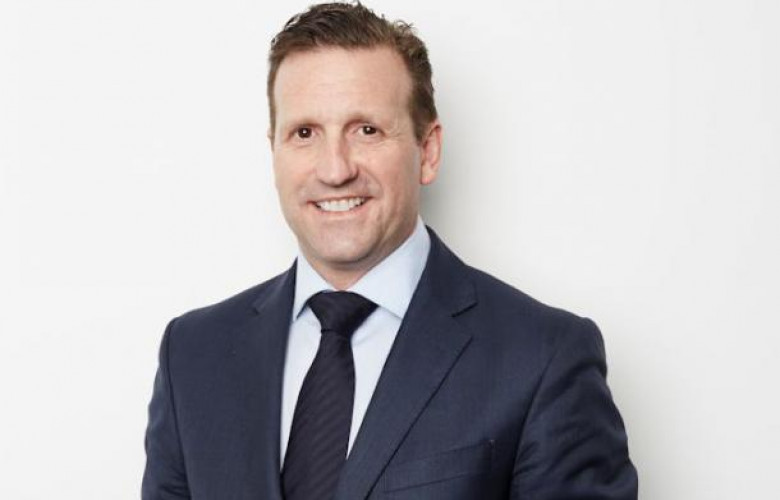We need minimum size rules for apartments
Contact
We need minimum size rules for apartments
"Apartments that are smaller than 40 square meters, we call them a dog box or a broom cupboard. It looks good financially on a spreadsheet but ultimately...it's incredibly difficult to sell them."
Melbourne most definitely does need minimum size requirements for apartments, says the director of one of the city's largest independent real estate agencies, Andrew Fawell of Beller Group. Fawell says his experience shows that anyone purchasing an apartment smaller than 45 square meters will find the resale of that property "a disaster."
"I've never been a big advocate of the small units," he says. "I think we need to have a minimum requirement. We have a project marketing business, and I've never been involved in selling projects that are sub-standard size wise. My 20-odd plus years experience is that re-sale of those is nothing short of a disaster for the purchasers. They certainly struggle to get their capital back. A good outcome is they get their money back with no growth.
"We've all watched these unit sizes get smaller and smaller," he says. "We deal with these people, and it is incredibly difficult when you're having that discussion (it might be five years after they bought a place) where you're telling them that best case scenario is you might get your money back but you're most likely going to lose 10 or 15 percent. They're in tears."
Fawell says there are a couple of considerations for the Victorian government in considering the implementation of apartment standards, but the main consideration is that property is most people's single greatest investment. "You have to look at not just buying into the asset, whether you're an investor of owner-occupier, you've got to look at the future growth of the asset," he says. "People are tying up pretty much all their capital when starting out into trying to secure a property, so the last thing you want to do is turn around a few years later and try and sell a property that's worth a lot less, or unsalable because of the size of the property. I think it has to be in line with where the banks will lend. Apartments that are smaller than 40 square meters, we call them a dog box or a broom cupboard. It looks good financially on a spreadsheet but ultimately these people will want to sell these properties in the future and our experience with those is it's incredibly difficult to sell them. From a funding point of view, the banks will not touch them. At best you need to borrow 50 percent."
Especially in Melbourne, there's a significant number of apartment projects being produced. "My opinion is pretty clear, I've always believed in good-sized apartments that cater to both owner-occupiers and investors," says Fawell. "A lot of the projects, given the sub-standard size, are very much investor-driven. Admittedly from a rental return you don't get a huge difference but that's short-sightedness because people are buying property, or they did traditionally, for the capital growth aspect, not just the income, and people aren't seeing past the initial purchase price. They don't quite quantify the difference in size and price until it's actually built, and then they can't swing a cat in the one they actually bought and they realize they should have paid more and bought the more expensive asset because it would hold its price point a lot better than the smaller one."
Fawell also agrees with the state government no longer allowing apartments to be built with no natural light in bedrooms. "That's great because from the point of view of us on the ground selling them, it's a very hard sale to convince people that you've got to borrow light from your lounge room into your bedroom was a great idea." However, he says apartment standards can't be too onerous because each site is unique. "You couldn't have a checklist as onerous as specific orientation, you'd never get a project off the ground, but I think fundamental sizes are necessary."
Fawell says good property developers know that building apartments which will stand the test of time is good business. "When you look back and see a smart development with good architecture and well designed, then that becomes [a developer's] brand. If they're good, that just makes their next project sell even easier. What we do find is that the educated market will pay a lot more when there is a lot of thought that goes into a development rather than just trying to squeeze as many apartments into a site as possible. Buyers, especially domestic ones will pay a premium for apartments that are the right size and is more upmarket and has the quality in it. They understand that that will affect the resale in the future."





